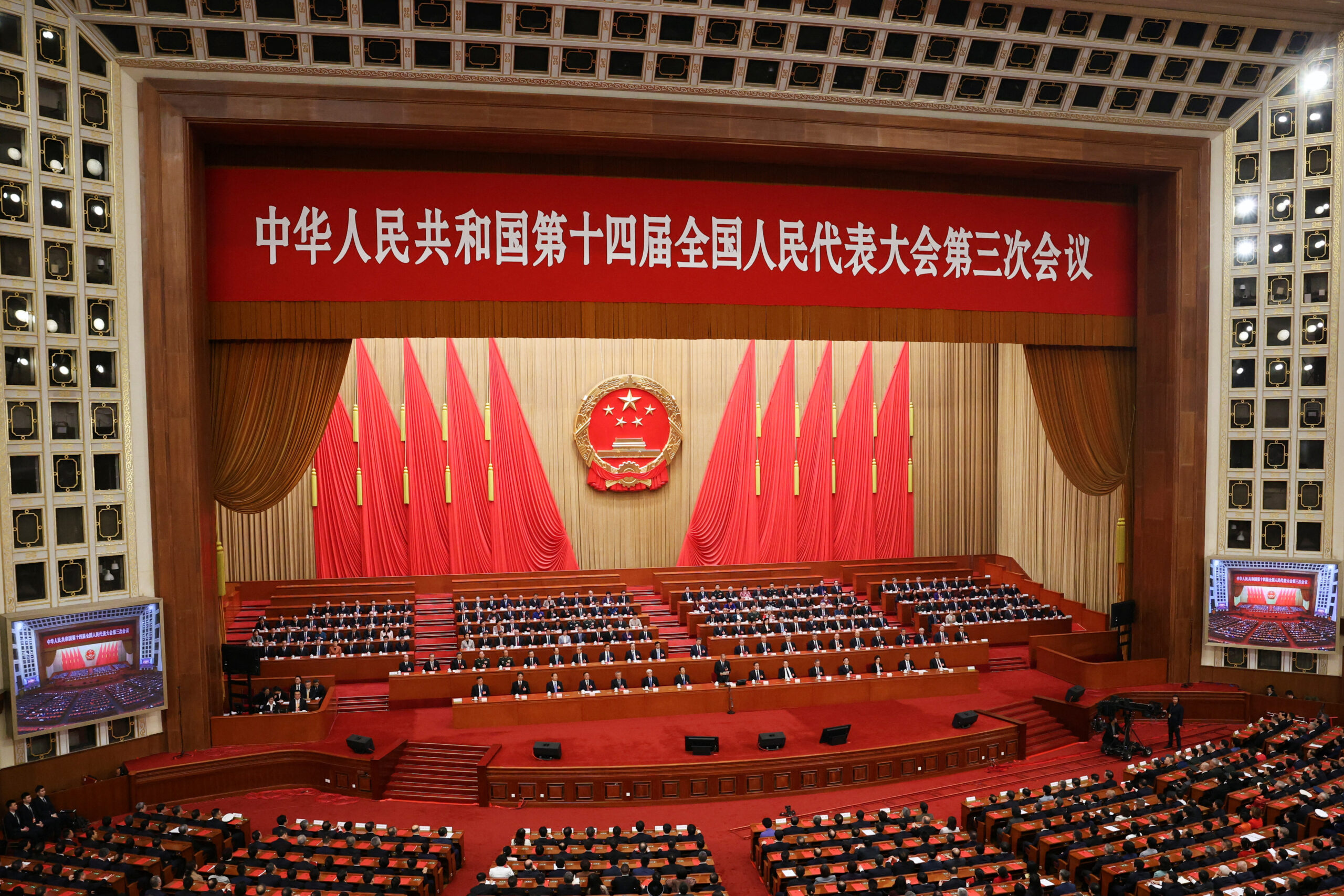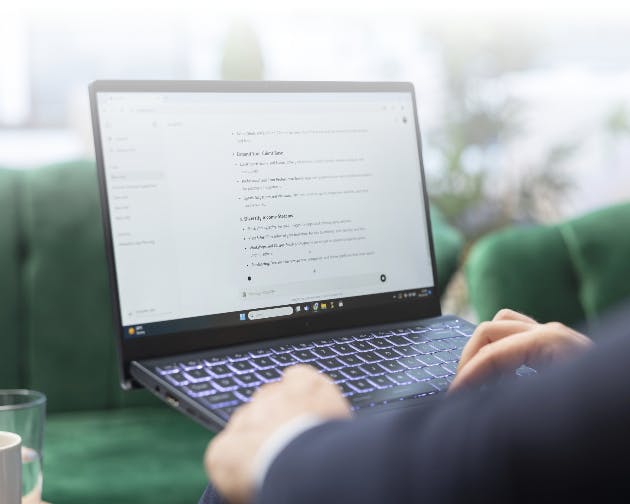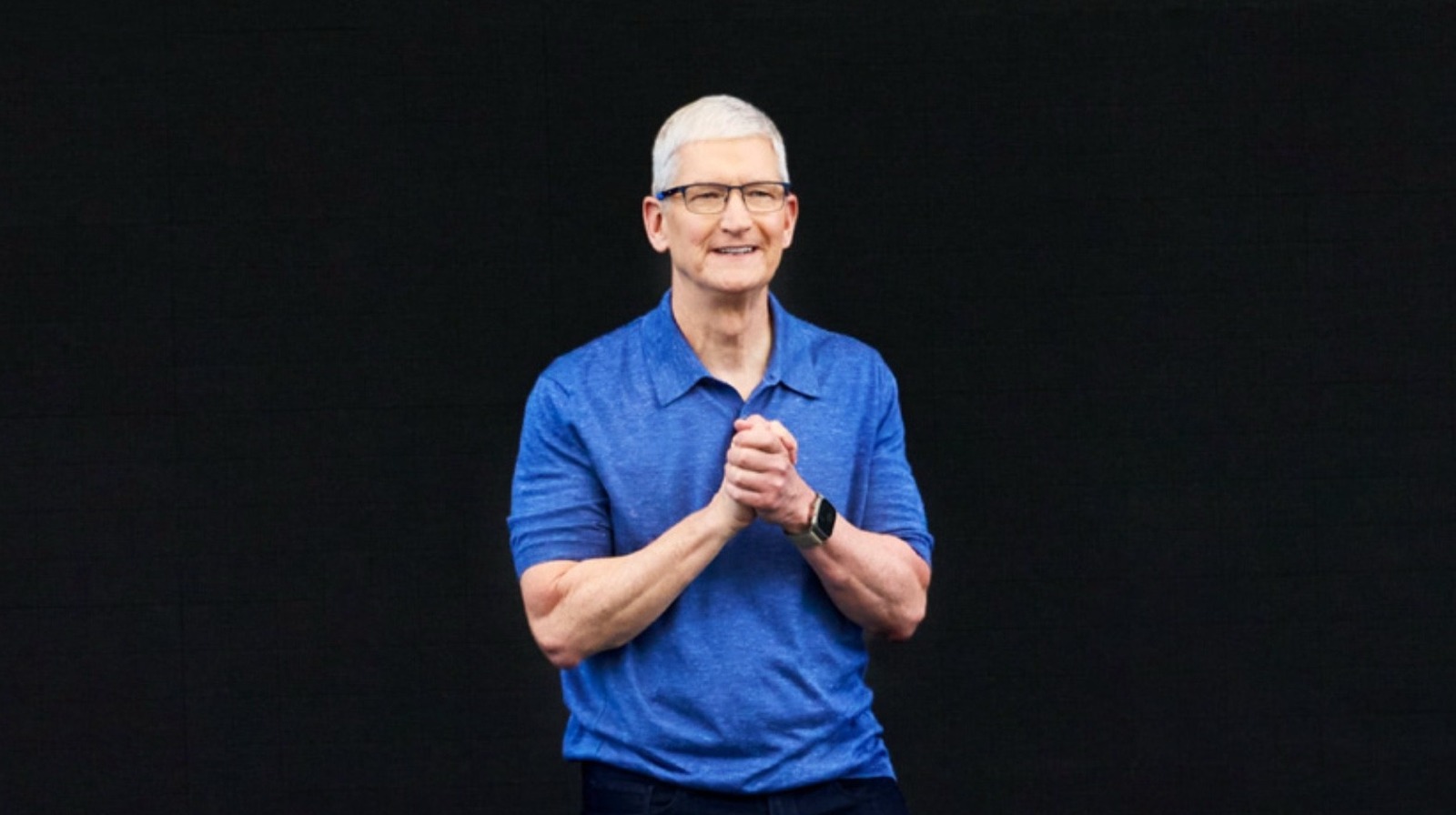This week, Beijing concluded its annual “two sessions”—the big plenary meetings of the National People’s Congress (NPC) and Chinese People’s Political Consultative Conference (CPPCC). The NPC is China’s legislature, and the CPPCC is a larger, more representative (and largely powerless) group that provides advice to the NPC. In China’s authoritarian system, this is the annual pageantry the Chinese Communist Party goes through to claim that it governs through so-called “whole process people’s democracy” rather than strongman authoritarianism.
In reality, of course, the party—and increasingly the strongman at the top—makes the real decisions, while the NPC largely serves as a performative rubber stamp. The pageantry is important, however, as it demonstrates what the party believes it needs to signal to its people and the world. Five notable signals stood out at this year’s two sessions.
1. Chinese President Xi Jinping is at the apex of his power
For all the pageantry—which, as always, included heartwarming footage of people from across China marching into plenary sessions, some in colorful indigenous costumes—this was a one-man show. The signaling was as much about paying homage to Xi as it was about presenting the NPC. Throughout the NPC—which included work reports from major government agencies—major successes were attributed primarily to Xi. In contrast, major challenges were attributed to China’s outside environment, which is often code for US actions that constrain Beijing. For example, the National Development and Reform Commission, China’s major economic agency, made sure to give Xi credit for its economic achievements in 2024, stating (in bold): “We owe these achievements to General Secretary Xi Jinping, who is at the helm charting the course . . .” Beijing sees no need to pretend that Xi himself is part of the consultative pageantry. He sits high above it.
2. There are two Chinese economies, and Beijing is betting on the stronger horse to pull the country through
At the macro level, if you look at Chinese consumer sentiment or at the Chinese industries suffering from overcapacity, the situation is dire. But, just as in any economy, there are always winners in the mix somewhere. Several high-tech companies are innovating, have access to capital, and are experiencing rapid growth. DeepSeek is one such company, and Beijing has milked that example to the max. When asked at a press conference on March 7 about DeepSeek and US efforts to hold China back in technological innovation, Chinese Foreign Minister Wang Yi responded: “Where there is blockade, there is breakthrough; where there is suppression, there is innovation; where there is the fiercest storm, there is the platform launching China’s science and technology skyward like the Chinese mythological hero Nezha soaring into the heavens.” Beijing is betting on bright lights in the tech sector to pull its economy through its current slump.
Advancing science and technology were major themes present throughout the NPC. Chinese leaders announced the launch of a new high-tech “state venture capital guidance fund” and committed to maintain high research and development spending. But what did not appear, as my colleague Jeremy Mark noted earlier this week, was any serious, trend-bending movement toward supporting Chinese consumers and ramping up domestic spending.
3. Beijing sees US President Donald Trump’s strongman-style foreign policy as an opportunity to paint China as the kinder, better partner
Beijing is facing foreign policy headwinds. China recently became the world’s largest creditor—and an increasingly unforgiving one—at the same time as its outbound investment flows fell. That combo is painting China as an unpopular debt collector across the Global South. Chinese economic coercion is triggering a wave of de-risking. So-called “wolf warrior” diplomacy has scored multiple own goals.
Now, however, Beijing sees Trump’s style as an opportunity to wipe that slate clean. This was clear throughout the Chinese foreign minister’s press conference on March 7, where he framed China as the responsible leader “providing certainty to this uncertain world” and “safeguarding the multilateral free trade system.” In a clear dig at the United States, he stated “those with stronger arms and bigger fists should not be allowed to call the shots.” He left nothing on the shelf, calling out US rhetoric on Gaza and Latin America, stating on the latter that: “What people in [Latin American and Caribbean] countries want is to build their own home, not to become someone’s backyard; what they aspire to is independence and self-decision, not the Monroe Doctrine.”
From Washington’s perspective, it is easy to view this as empty rhetoric given the reality of Beijing’s global bullying. But this is likely what Chinese diplomats are saying behind closed doors in every capital around the world, too. It will resonate in many. Washington should take heed and avoid scoring own goals itself.
4. Combating climate change is not a priority
The NPC work report continued the trend seen since at least 2019, when Beijing began to shift from shutting down and cleaning up its coal plants to viewing coal as its primary stable source of energy. In the report, China committed to “implement a coal production reserve system, continue to increase coal production and supply capacity, and consolidate the basic supporting role of coal.” The report treats coal production as a resource security issue, separate from China’s clean energy, environment, and climate goals.
5. Chinese leaders see no reason to change course
Throughout the two sessions, Chinese leaders applauded 2024 successes and previewed a 2025 plan that is largely a steady onward course with some modifications at the margins. To the extent they acknowledge challenges—particularly economic challenges—they did not tie those to Beijing’s own policies. Instead, they blamed the United States and other outside forces, including a sluggish global economy. That does not bode well for Chinese consumers or the overseas manufacturers struggling to compete with the outbound flow of goods China’s factories are producing at overcapacity and unable to sell at home.
The Trump administration is rolling out wave after wave of tariffs on US imports from China, ostensibly to build leverage for some type of grand bilateral bargain. Throughout the two sessions, Xi and other Chinese leaders signaled they are sticking to their state-managed economic approach and view the United States as their biggest external political risk. If anyone in Washington is still hoping China will put meaningful economic concessions on the table to buy its way out of US tariffs, those folks are not paying close attention to the signals coming out of Beijing.
Melanie Hart is the senior director of the ’s Global China Hub and a former senior advisor for China at the US Department of State.
Image: A general view of Chinese officials and delegates attending the closing session of the National People’s Congress (NPC) at the Great Hall of the People in Beijing, China March 11, 2025. REUTERS/Florence Lo.










